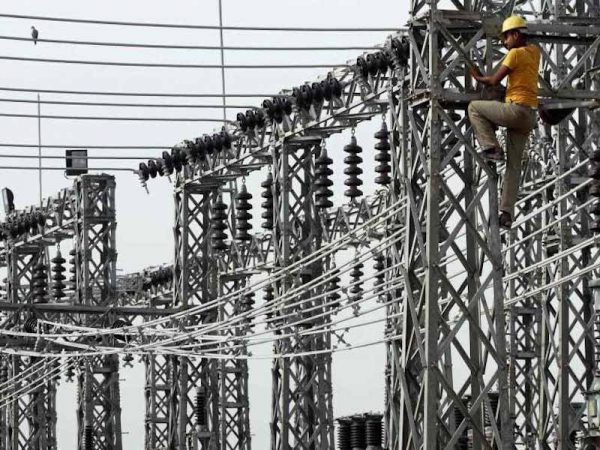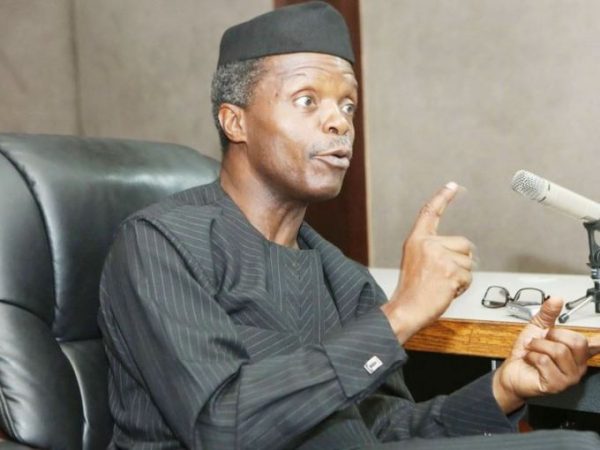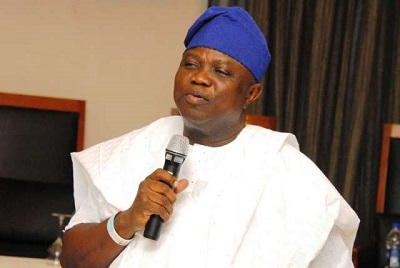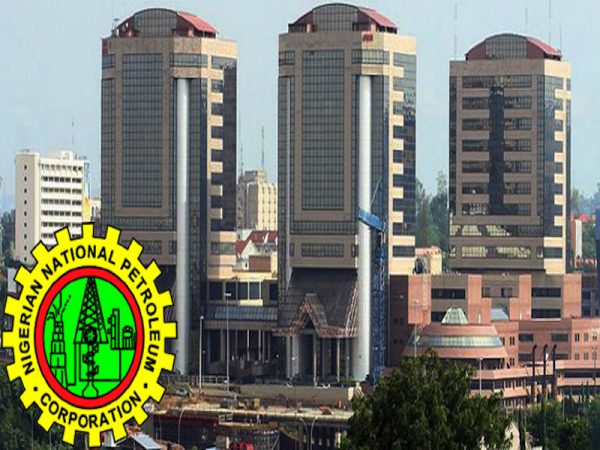Despite Improved Rainfalls, Power Supply Remains Below 4,000MW
 * Disco to install 222,728 pre-paid meters
* Disco to install 222,728 pre-paid meters
Power generation in the country has remained below 4,000 megawatts (MW) despite the increase in rainfalls, which boost the water levels at the hydro power stations at this time of the year, THISDAY’s checks have revealed.
However, despite the challenges in power generation, the Abuja Electricity Distribution Company (AEDC) has disclosed that it would flag off the installation of 222,728 pre-paid meters to electricity consumers under its network.
Media in Abuja gathered from the power sector’s operational data which the Advisory Power Team in the office of the Vice-President, Prof. Yemi Osinbajo, uploaded on its website Monday that even with the sufficient rainfalls, which have filled the dams at the hydro power stations with water, electricity supply has remained hampered by grid line and gas constraints.
For instance, the average amount of power supplied to the grid on August 4, was 3,682MW with about 3,975MW constrained.
On that day, the sector could not collect up to N1.908 billion revenue on account of the constraints, which include line and inadequate gas supply.
Similarly, 3,612MW was supplied on August 3 while 3,793MW was constrained and the amount of revenue not collected was 1.820 billion. 3,809MW was supplied on August 2; 4,380MW constrained and N2.102 billion lost as unearned revenue.
On August 1, 3,921MW was supplied while 3,370MW was constrained and the amount of revenue not collected was 1.618 billion; 3,896MW was supplied on July 31, and 3,571MW constrained while revenue not collected was N1,714 billion.
Breaking it further down, the operational report indicated that between July 29 and August 4, the volume of electricity constrained by line challenges were 2,030.2MW; 2,551.7MW; 2,,154.6MW; 1557.1MW; 2551.7MW; 1,964.5MW; and 2,126.5MW respectively.
Constraints from gas supply for the period were reported to be 1,520MW; 1,559MW; 1,419MW; 1,813MW; 1,828MW; 1,828MW; and 1,848.2MW respectively.
Also, the hydro power stations have recorded zero water management challenges in the first days of August. They however could not generate 240MW and 160MW on July 29 and 30 on account of water management constraints.
According to experts, power supply in Nigeria has usually improved during the months when rainfalls are high. This was further supported by the 2018 Seasonal Rainfall Prediction (SRP) of the Nigerian Meteorological Agency (NiMet), which earlier stated that annual rainfall forecast for 2018 would range between 400 millimeter (mm) and 3,100mm over the country, and that this would impact positively on the amount of water available for agriculture and power production.
The underperformances of the power sector also followed the Minister of Power, Works and Housing, Mr. Babatunde Fashola’s insistence on Friday in Calabar that the President Muhammadu Buhari administration had been making steady progress in electricity generation and distribution.
Fashola, who spoke at the Cross River State capital during the ministry’s retreat for top directors, heads of units and chief executives of its agencies and parastatals, said although, there was still more to be done, the ministry had moved the power generation forward from where it was three years ago.
Meanwhile, the Abuja Electricity Distribution Company (AEDC) has disclosed it would flag off installation of 222,728 pre-paid meters to electricity consumers under its network.
It explained in a statement from its Head of Corporate Communications, Mr. Oyebode Fadipe, in Abuja that the 222,728 meters were valued at about N10 billion, adding that the installation was the second phase of its mass metering programme.
According to the statement, AEDC had in the first phase of its mass metering project installed about 150,000 meters to its customers in the Federal Capital Territory (FCT), Kogi, Nasarawa and Niger States.
It added that its aggressive deployment of meters was part of its determination to achieve 100 per cent metering of its customers to engender public confidence in its billing process.
The installation, it explained, would complement the Meter Asset Provider (MAP) Scheme initiated by the Nigerian Electricity Regulatory Commission (NERC) to accelerate the metering of all electricity consumers across the country.
The statement further stated that AEDC would implement the second phase in partnership with the Meron Consortium, a group which comprises meter manufacturers, financiers, installers, as well as advisory services firms.
The AEDC and Meron reportedly agreed to work together in May, on the deployment of the 222,728 pre-paid meters.
AEDC’s Managing Director, Mr. Ernest Mupwaya, said in the statement that the mass metering would give its customers some confidence in the Disco’s operations.
“For customers, metering gives them the assurance of fair, transparent and accurate billing and also serves as a useful tool for them to manage their consumption and costs,” Mupwaya said, adding: “To AEDC, metering equips us with intelligent data to ascertain areas of energy/revenue leakages which will strengthen our commercial vigilance activities to plug such leakages and improve our revenue collection.”
The statement also quoted the Group Managing Director of The Meron Consortium, Mr. Emmanuel Ndubuisi, to have assured the AEDC of timely delivery and installation of the meters, in line with the terms of the contract.







